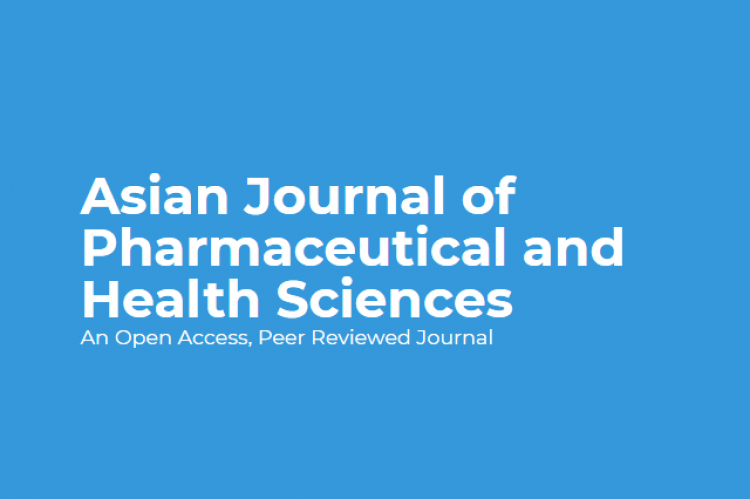A 45 yrs., old gentleman, with no co morbidities and chronic tobacco chewer, developed a lesion in the left inner cheek, which over a period of 5 months, developed into an ulcero-proliferative growth involving left lower mandible, RMT (retro molar trigone) and buccal mucosa. After clinical history, examination, imaging and histopathology, he was diagnosed as a case of CA (carcinoma) left lower alveolus with secondary lymphadenopathy. He was started on neo-adjuvant chemotherapy (Paclitaxel-Carboplatin). On the 7th day after the first cycle of chemotherapy, patient reported with features of tachycardia, confusion and disorientation. He was admitted in the ward and symptomatic treatment was started. His TLC (total leucocyte count) (2,700/µL) was low and had mild hypokalaemia (3.22 mmol/L). ABG (arterial blood gas) showed partially compensated non-respiratory alkalosis (PCO2 – 48.3 mmHg, pH – 7.47 and HCO3 – 33.9 mmol / L). In spite of prompt IV (intra venous) fluid support, higher antibiotics administration and comprehensive tertiary care support, patient expired within 36 hrs of admission. Dyselectrolytemia and metabolic encephalopathy + sepsis can be a sudden cause of death when chemotherapy is being administered in a chemotherapy naive patient. Although it is rare, but prompt IV fluid support, electrolyte management, a holistic approach can prevent such inadvertent mortality.
View:
- PDF (31.89 KB)


